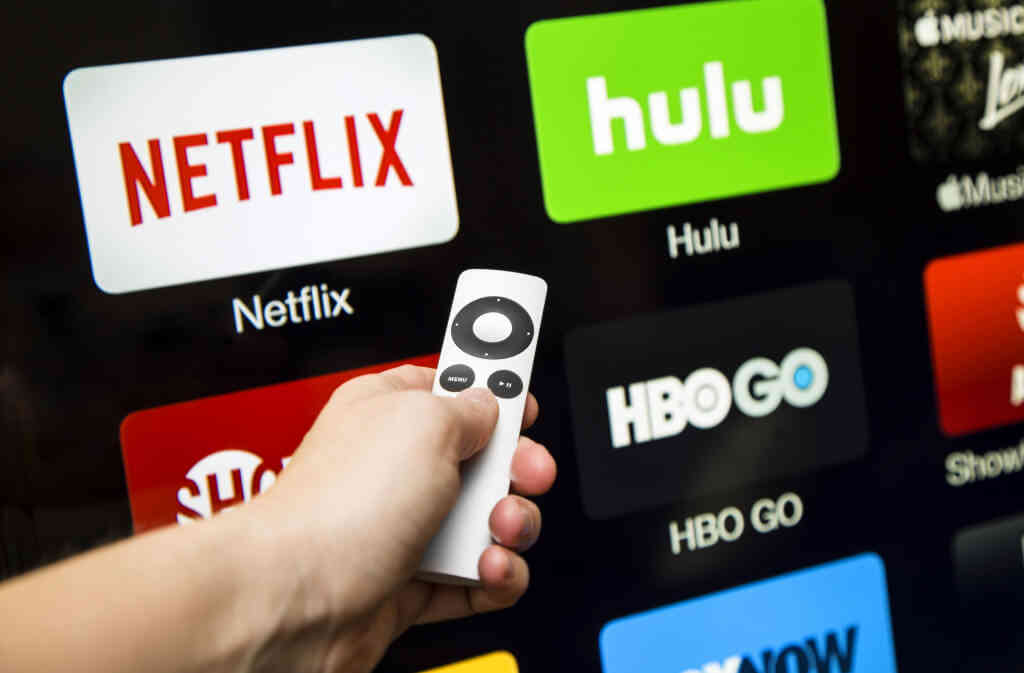MUMBAI: The COVID-19 pandemic will have after-effects on the media and entertainment industry, turning out to be disastrous for films, entertainment events and theme parks. It will, however, boost digital media consumption in India.
KPMG has released a report titled “COVID-19: The Many Shades Of A Crisis- A Media And Entertainment Sector Perspective”, which highlights the impact of COVID-19 in the media and entertainment industry. The report states that the current environment could result in a dip in media consumption in the near term.
During the lockdown period, TV, gaming, digital and OTT platforms are seeing consumption growth. On the other hand, outdoor consumption models such as films, events, theme parks, are witnessing a dramatic fall with social distancing norms in place.
The report states that “digital consumption will see rapid incremental growth with India’s edigital billion’ trajectory likely to accelerate materially”. “Digital media consumption, particularly OTT, has seen a surge during the lockdown period in terms of both time spent and newer audiences. The resultant habit formation is likely to result in a new higher normal once the situation around COVID-19 comes under control,” it read.
It also stressed that the OTT consumption in India could start seeing a shift from the mobile screen to the large TV screen “owing to the lockdown effect with broadband internet”. Gaming is another sector which can benefit in the overall digital ecosystem, saying that “media companies, including OTT platforms, could seriously look at gaming as an extension to their ecosystem offerings”.
The study stressed that while the TV viewing has increased, it lacks fresh content. As of now, news channels are popular as viewers follow COVID-19 updates in real-time. “Sports could emerge as the big draw when recovery begins, especially if IPL dates are announced,” it predicted.
Talking about films, the report mentioned that “footfalls and therefore revenues have dried up with cinema hall closures”.
“Rental cost savings anticipated due to invoking of force majeure clause. Recovery process may be different across demographics based on specific COVID-19 experiences and perceived risk from social gathering,” it added.
The “medium term release” might be impacted due to “crowding of projects and restart of on-hold projects”. Overall, footfalls could take a while to return to normalcy with risk of narrowing of theatrical windows and expansion delays likely.
There’s a silver lining of OTTs. Even though content pipeline has dried up, the platforms have a larger, vibrant library — which is acting in its favour. “OTT players offering extended free periods to drive subscription pick up through habit formation,” it pointed out. It means that habit formation could result in a new normal and accelerated growth in consumption and monetisation.
There’s another sector which is set to bloom — that’s animation.
“Animation and VFX work more long-term so demand could hold up despite the crisis. TV and digital projects could increase while film projects have taken a bigger hit,” the report explained
As a result, VFX and post-production on films are likely to be hit. Animation for TV and digital could recover faster. When it comes to live events, it would be a delayed recovery for them as social distancing behaviour will take a while to dissipate. Government support essential. Talking about radio, the demand for timely, localised content should remain strong even after recovery. But ad-spends could take time to recover.
Print can get a new lease of life. “Higher credibility in the face of proliferation of fake news on social media,” it said, suggesting that the circulation might pick up once restrictions are lifted also resulting in improved ad monetisation.
It pointed out that monetisation in the sector is predominantly “reliant on advertising, which has seen a major contraction”. “Overall ad-spend is determined by the performance of sectors such as FMCG, e-commerce, automotive, financial services, real estate etc., all of which currently face their own challenges and could therefore take time to recover,” it stated.
As per the report, at-home entertainment options (digital, TV, gaming) will see an upswing as “lockdown behaviour” results in habit formation.
“Outdoor entertainment (films, events, theme parks) particularly in COVID-19 hotspots to see lingering risk aversion even in the medium term. ePent-up’ demand behaviour among some sections of population may provide some respite,” it added.







